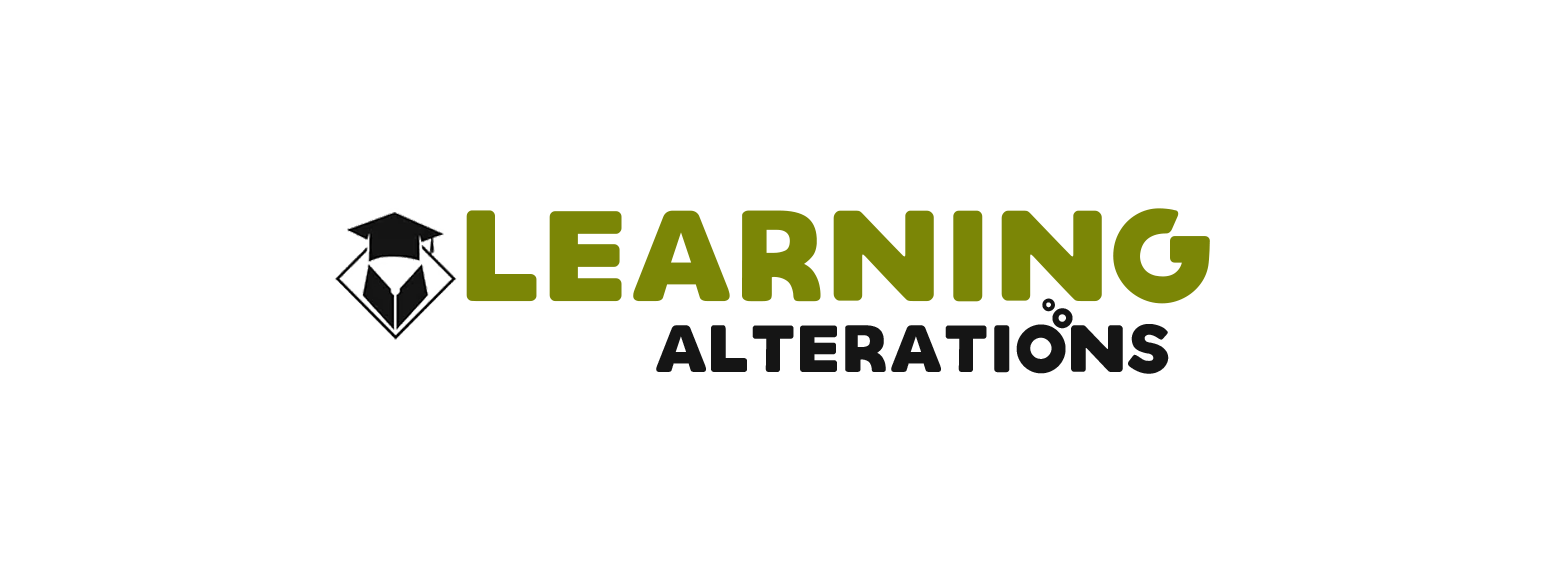Asking questions is a fundamental aspect of teaching and learning. In the classroom, asking questions is not only a way to assess students’ understanding but also a way to encourage critical thinking and engage students in the learning process. However, not all questions are created equal, and there is an art to asking effective questions that can enhance learning outcomes.
Types of Questions
There are different types of questions that teachers can utilize in the classroom, including:
- Open-ended questions: These questions allow for a variety of answers and encourage students to think critically and creatively.
- Closed-ended questions: These questions have a specific answer and are useful for assessing students’ knowledge and understanding.
- Leading questions: These questions guide students towards a specific answer and can be useful for introducing new concepts or reviewing material.
- Rhetorical questions: These questions do not require an answer and are used to stimulate thinking and engage students.
The Importance of Asking Effective Questions
Asking effective questions can help students to:
- Develop critical thinking skills
- Engage in active learning
- Understand complex concepts
- Make connections between different topics
- Retain information better
Effective questioning also helps teachers to:
- Assess students’ understanding and knowledge
- Identify misconceptions and gaps in understanding
- Encourage student participation and engagement
- Challenge students to think more deeply about a topic
Strategies for Asking Effective Questions
To ask effective questions in the classroom, teachers can:
- Start with open-ended questions that encourage discussion and critical thinking.
- Use a variety of question types to engage students and assess their understanding.
- Avoid yes/no questions that do not encourage discussion or critical thinking.
- Ask follow-up questions to encourage students to explain their thinking and reasoning.
- Use wait time to give students time to think before answering.
- Encourage all students to participate by using random calling or other strategies to ensure that all voices are heard.
Asking effective questions is an essential skill for teachers to promote critical thinking, engage students in the learning process, and assess understanding. By using a variety of question types and strategies, teachers can create a classroom environment that encourages discussion, deep thinking, and active learning.










